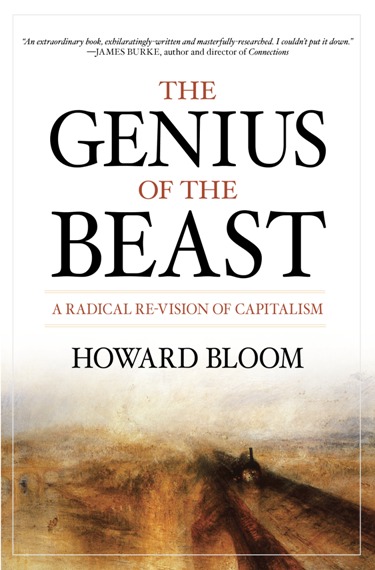Evolution is shouting a message at us. Yes, evolution herself. That imperative? Get your ass and the asses, burros, donkeys and cells of your fellow species—from bacteria and plants to fish, reptiles, and mammals—off this dangerous scrap of a planet and find new niches for life.
Take The Grand Experiment Of Cells And DNA, the 3.85-billion-year Project Of Biomass, to other planets, moons, orbiting habitats, and galaxies. Give life an opportunity to thrive, to reinvent itself, to turn every old disaster, every pinwheeling galaxy, into new opportunity.
Do this as the only species Nature has generated that’s capable of deliberate travel beyond the atmosphere of Earth. Do it as the only species able to take on the mission of making life multi-planetary. Accept that mission or you may well eliminate yourself and all the species that depend on you—from the microorganisms making folic acid and vitamin K in your gut to wheat, corn, cucumbers, chickens, cows, the yeast you cultivate to make beer, and even the bacteria you use to make cheese. What’s worse, if you fail to take life beyond the skies, the whole experiment of life—including rainforests, whales, and endangered species —may die in some perfectly normal cosmic catastrophe.
 In Praise Of Consumerism - It Was Good Enough For Marco Polo So It's Good Enough For You
In Praise Of Consumerism - It Was Good Enough For Marco Polo So It's Good Enough For You In Praise Of Consumerism - Bees, Bacteria And The Value Of Wasted Time
In Praise Of Consumerism - Bees, Bacteria And The Value Of Wasted Time In Praise Of Consumerism - It Appeals To The Thoreau In You
In Praise Of Consumerism - It Appeals To The Thoreau In You








